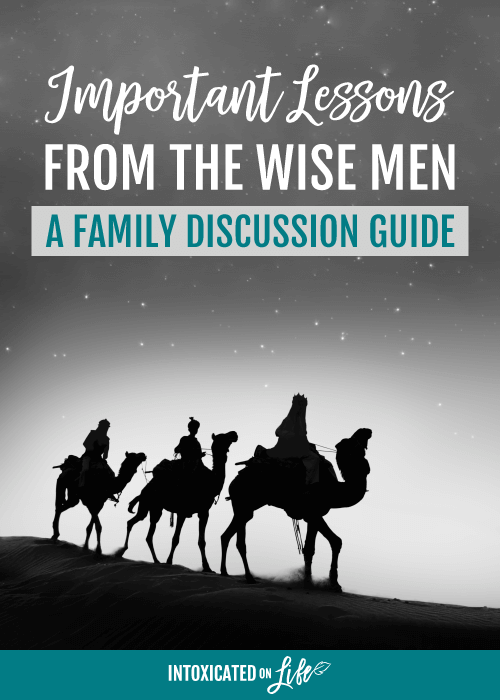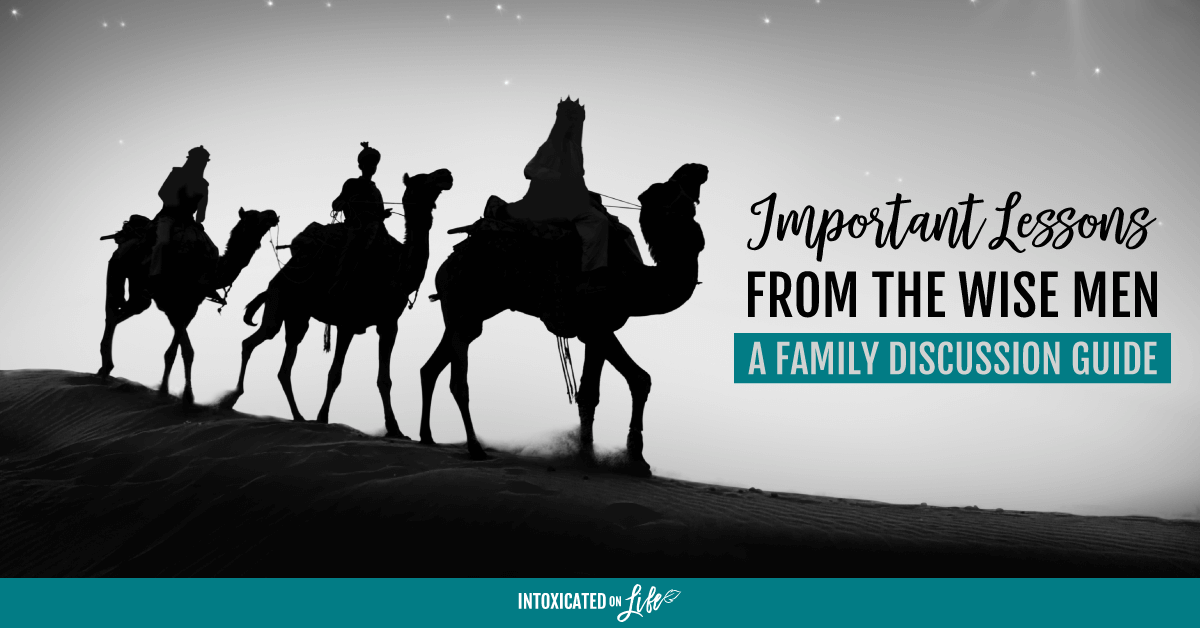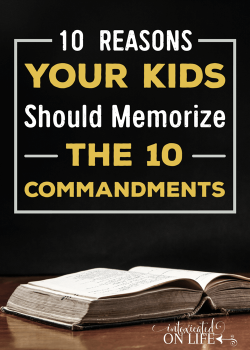One of my kids had a problem with a friend recently. One of my other kids had an issue with a class at school. Another one was struggling with his after-school routine. Two others had a major falling-out with each other.
(Okay, let’s be real. They all have falling-outs with each other every day.)

What do my children need in order to have a godly perspective toward life and solve their problems in a way that honors the Lord?
They need wisdom.
If we adults haven’t yet grasped our need for wisdom before we have kids, nothing quite drives the point home like parenthood.
We understand how much we need wisdom. We pray for wisdom. We search the Scriptures for it, and we glean it from pretty much every Christian source we can find.
A wise parent does all of those things. And then they make it a priority to teach their kids about wisdom.
The Priority of Wisdom
I could give you lots of real-life scenarios about why wisdom is important, and I’m sure you could give me lots of them, too. But our words couldn’t possibly hold a candle to what the Bible has to say about it:
Blessed is the one who finds wisdom,
and the one who gets understanding,
for the gain from her is better than gain from silver
and her profit better than gold.
She is more precious than jewels,
and nothing you desire can compare with her.
Long life is in her right hand;
in her left hand are riches and honor.
Her ways are ways of pleasantness,
and all her paths are peace.
She is a tree of life to those who lay hold of her;
those who hold her fast are called blessed. (Proverbs 3:13-18)
With Christmas approaching, my thoughts have recently turned to “the wise men,” those mysterious seekers and worshipers of the young King Jesus.
Were the Magi Really “Wise Men”?
We find the biblical account of the Magi in Matthew 2. According to Strong’s, magi is “the name given by the Babylonians, Medes, Persians, and others, to the wise men, teachers, priests, physicians, astrologers, seers, interpreters of dreams, augurs, soothsayers, and sorcerers.”
That’s a pretty broad term, but regardless of which specific definition of magi best applies to the men who sought the Jews’ prophesied King, their actions prove that the term “wise men” is well-deserved for at least three reasons.
Lessons in Wisdom From the Magi
1. It’s wise to pursue Jesus wholeheartedly.
Searching for the newborn King of the Jews was not a convenient excursion for the Magi. Their journey required a sacrifice of their time, money, effort, and comfort, at the very least.
Furthermore, what relationships might they have compromised with loved ones at home who didn’t believe in their mission? What blow to their reputation did they face if they failed in their search altogether? Nevertheless, these men were devoted in their pursuit of the Messiah.
2. It’s wise to submit to authority thoughtfully.
We read in Matthew that the Magi went willingly to Herod when he summoned them and they listened to him. There’s no reason to doubt they would have obeyed his order to tell him the whereabouts of the tiny King once they found Him. But when God warned them in a dream not to return to Herod, they readily discerned the importance of submitting to a heavenly Authority above an earthly one.
3. It’s wise to worship God unreservedly.
Matthew 2:10-11 tells us that when the Magi saw the star, “they rejoiced exceedingly with great joy,” and when they saw Jesus, they immediately fell down in worship, offering Him lavish gifts. They held back nothing in their pursuit of Him, and upon finding Him, awe compelled their worship.
We’d love to hear your thoughts now. What other biblical characters exemplify wisdom? How do you teach your children to be wise?











This is great! I just sent it to my web master to list as a resource on my page… http://www.travelingwisemen.com
It will take a few days to post but I love all the discussion prompts!
Hi, Chelsea! I’m glad you found this helpful. Thanks for sharing your site with us!